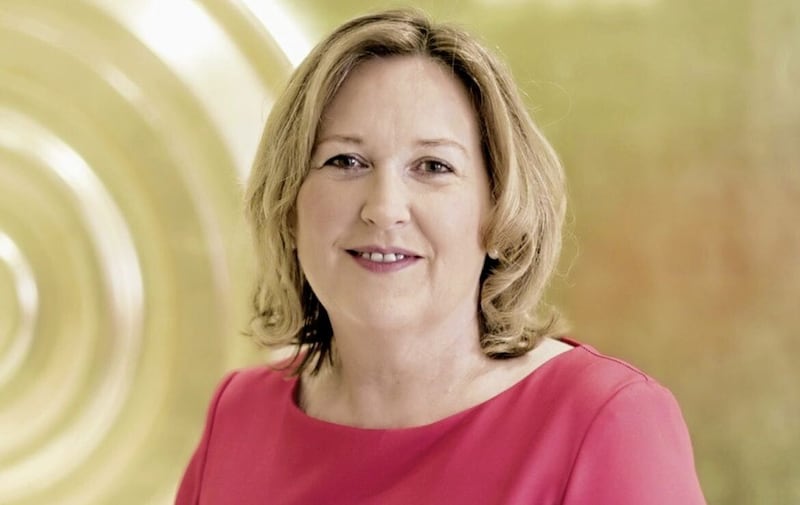Stormont must move further and faster if it is to fulfil its aspirations of ‘doing what matters most’ for the people of Northern Ireland.
Stability is one thing, but urgent and focussed action is quite another, as was laid bare in Pivotal’s assessment of the first 12 months since last February’s restoration of the institutions.
While acknowledging the progress that’s been made, such as the £25 million pot for childcare and long-overdue strategy to End Violence Against Women and Girls, the evaluation was clear: more must be done in 2025 to create real, long-lasting change.
Putting aside the fact that the Executive’s £25m childcare allocation amounts to just 6% of the estimated £400m it would cost to develop a new and fully-fledged early learning and childcare strategy locally, there is a problem that has proved persistent - Northern Ireland’s low rates of productivity.
And it’s here where we continue to languish far behind other regions. To the point where Queen’s Business School last year ranked Northern Ireland in 10th place out of 12 UK regions, representing a significant drop-off from 2023, when Northern Ireland had climbed to 7th.
It’s not just a data-driven league table; this widening productivity gap has a considerable knock-on effect on our everyday lives, impacting wages, living standards and the money available to invest in our chronically underfunded public services.
Among the key productivity drivers analysed by Queen’s was the rate of economic inactivity, with NI among the highest of all UK regions at 28% of the working age population. It’s small wonder, then, that increased productivity has been propped up as one of the four pillars within the department’s plan for economic growth.
But what does that look like in practice? Pivotal’s assessment rightfully calls out the lack of detail coming from the Stormont Executive at present. Treading this path towards a more inclusive and prosperous economy requires plans that are specific and ultimately affordable.
Plans that can be measured and optimised for this rapidly moving business world. Plans that involve everyone at the table, pitching in and collectively contributing for a better tomorrow.
We won’t achieve this until there is greater equality in our workforce and the gender employment gap is adequately resolved. Right now, mothers are 30% less likely to be in full-time employment compared to non-mothers, according to research by the Queen’s Department for Economics.

Together with informal care-giving and outdated gender norms, the ‘Motherhood Penalty’ is driving the gender employment gap in Northern Ireland and blunting our economy’s competitive edge.
Hindsight is a wonderful thing, but foresight is crucial. WiB Group calls on our Executive to unlock the true potential of the local talent pool throughout these next 12 months in office, to make demonstrable progress in creating opportunities that are flexible and future-fit, and to overcome long-standing gender gaps, thereby ensuring a more inclusive outlook for 2025 and beyond.
- Roseann Kelly is chief executive of the WiB Group








